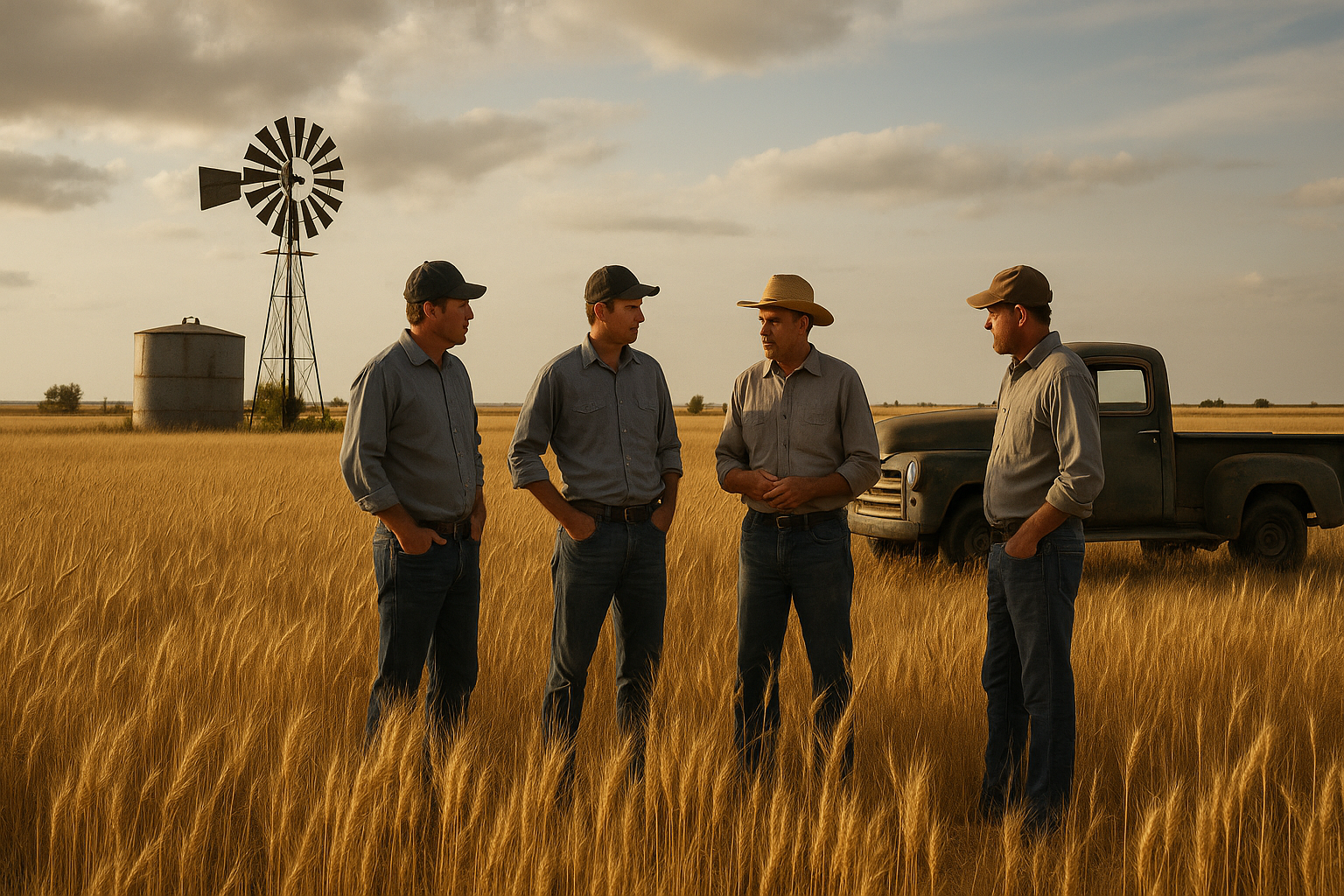Farmers Challenge Proposed Groundwater Restrictions in Northwestern Oklahoma
Woodward Shoutouts
Archives
Farmers Challenge Proposed Groundwater Restrictions in Northwestern Oklahoma
SIGN UP FOR OUR NEWSLETTER
Farmers Challenge Proposed Groundwater Restrictions in Northwestern Oklahoma |
Public Hearing in Mooreland Highlights Tensions Over Water Usage Limits |
In a recent public hearing held in Mooreland, Oklahoma, farmers and ranchers voiced strong opposition to the Oklahoma Water Resources Board's (OWRB) proposed reductions in groundwater allocations. The plan aims to decrease the annual groundwater permit limits from one acre-foot per acre to half that amount, a move prompted by declining groundwater supplies in the region.
The hearing, which took place on September 11, 2025, at the High Plains Technology Center in Woodward County, marked the first significant update to groundwater permit limits since 1983. Attendees, primarily from Major and Harper counties, expressed concerns about the impact these restrictions would have on their agricultural operations.
While existing groundwater permits remain unaffected, those seeking new permits will face the tighter restrictions. This distinction has led to frustration among landowners who feel the new plan disproportionately affects newcomers and could hinder agricultural expansion in the area.
The OWRB's decision stems from studies indicating significant depletion of groundwater resources in northwestern Oklahoma. The Ogallala Aquifer, a critical water source for the region, has seen levels drop by approximately 23% over the past three decades, largely due to intensive agricultural use. This decline has raised alarms about the long-term sustainability of water resources for farming communities.
In response to these concerns, the OWRB has been working on updating its administrative rules related to groundwater use. The proposed changes include not only the reduction in permit allocations but also enhanced monitoring and reporting requirements to ensure compliance and promote conservation efforts.
However, the agricultural community remains skeptical. Many farmers argue that the new restrictions could threaten their livelihoods and the economic stability of the region. They advocate for alternative solutions that balance conservation efforts with the needs of the agricultural sector.
The OWRB has scheduled additional public hearings to gather further input from stakeholders. The next hearing is set for October 23, 2025, at the Roman Nose State Park Lodge, focusing on Reach II of the Beaver-North Canadian River groundwater basin. These sessions aim to foster dialogue and seek a path forward that addresses both environmental concerns and the interests of the farming community.
As the debate continues, the future of groundwater management in northwestern Oklahoma hangs in the balance. The outcome of these discussions will have lasting implications for the region's agricultural practices and water resource sustainability. |

